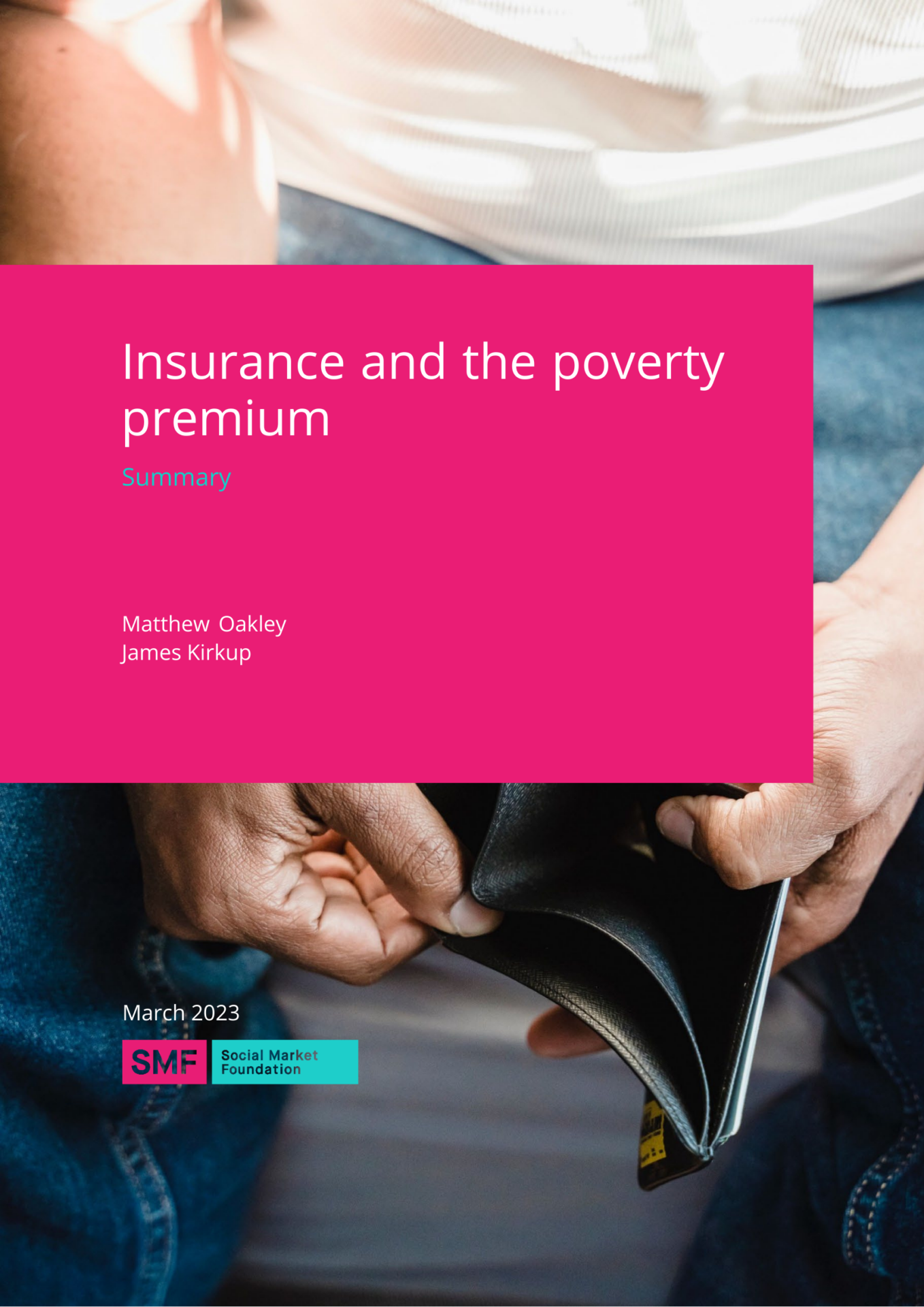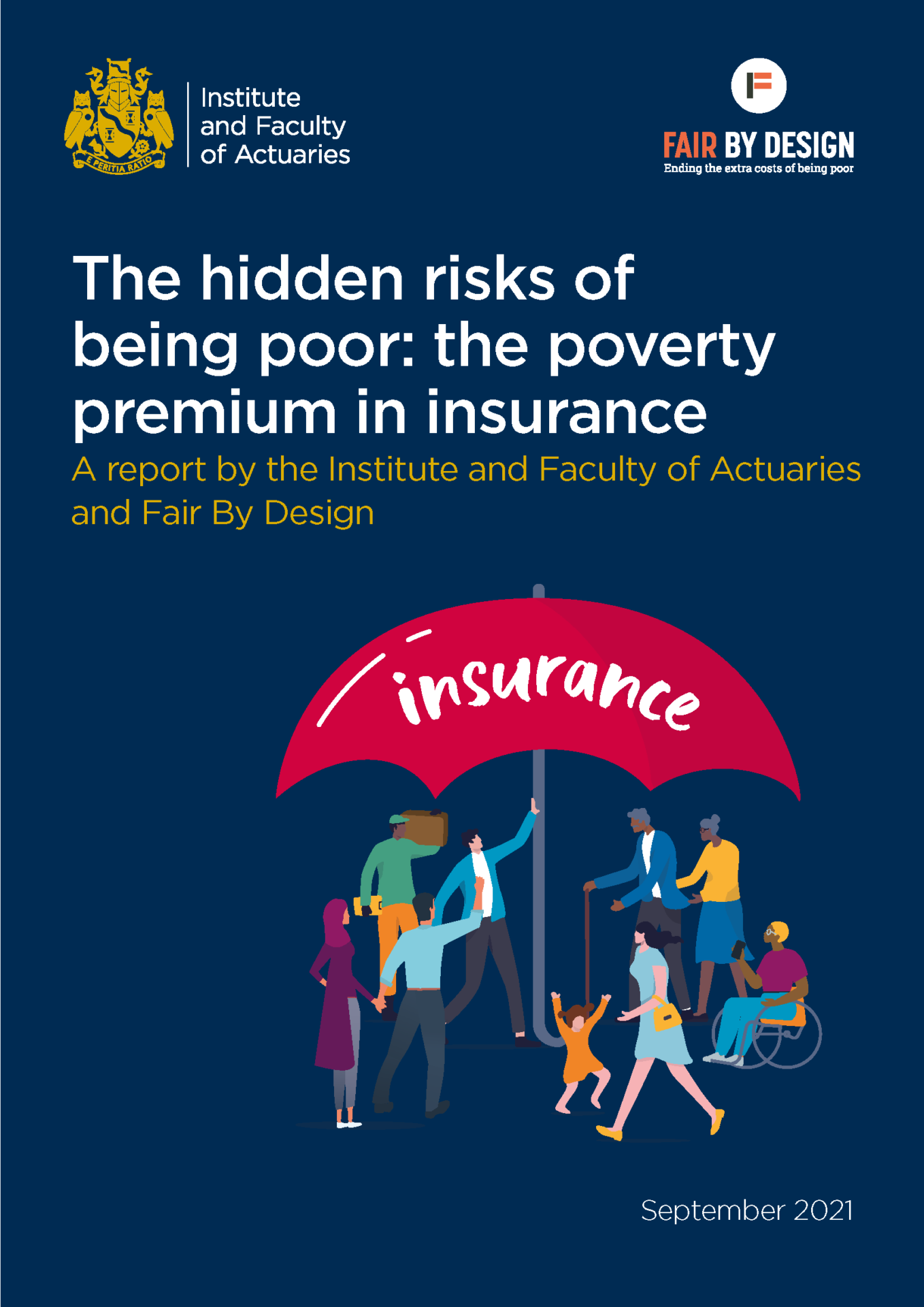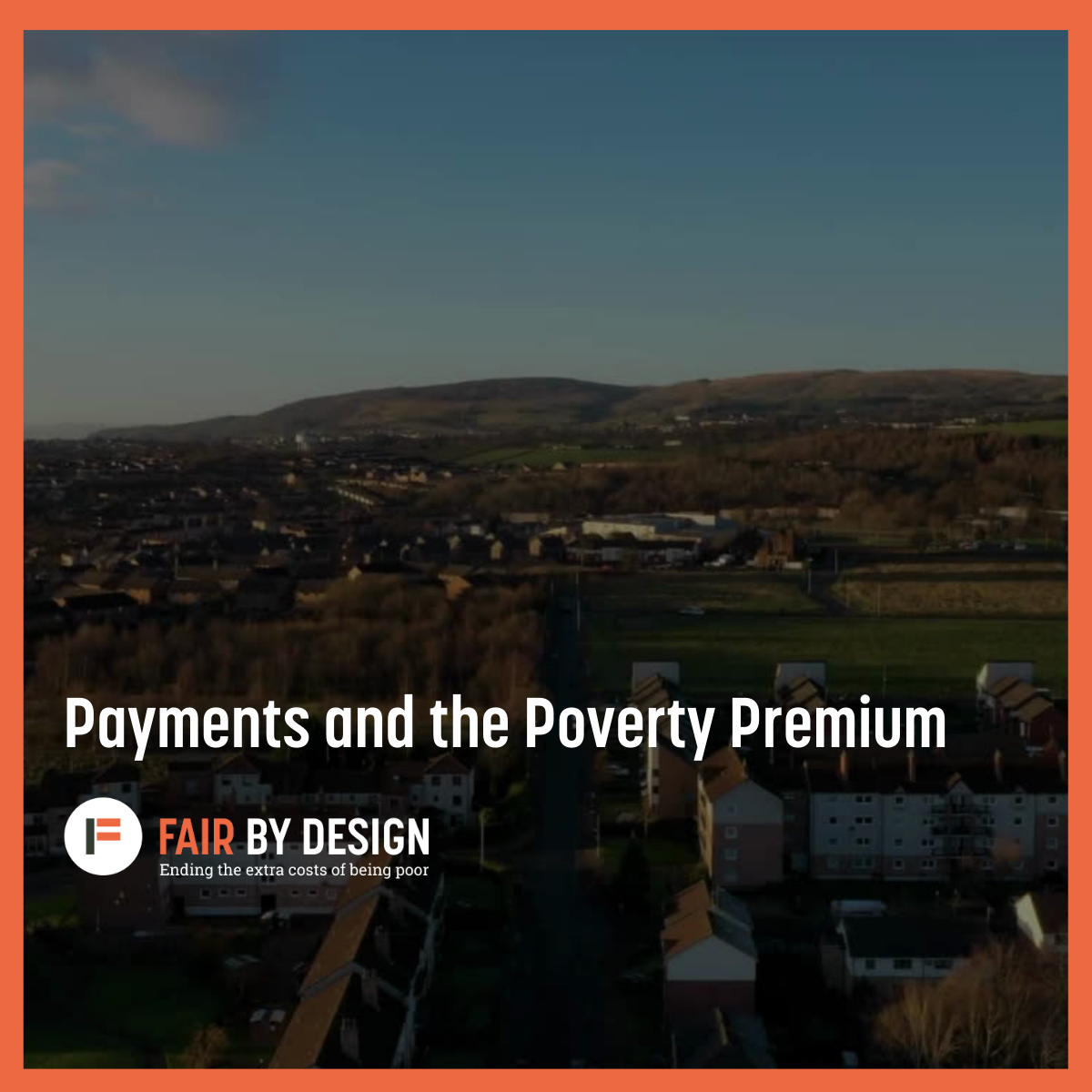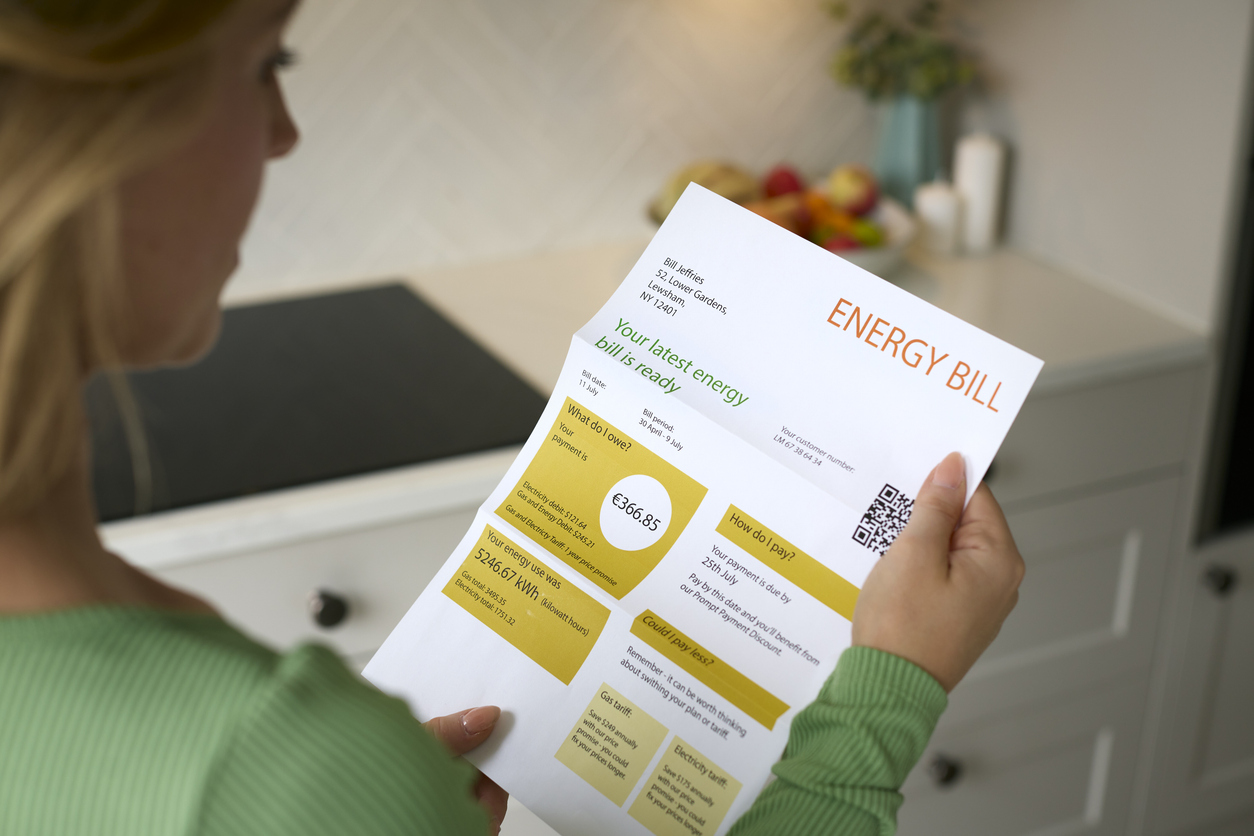Insurance products are essential to provide protection from financial loss and peace of mind for consumers. They build resilience when people are affected by illness, car accident or when appliances break. Despite being essential, low income households face a number of barriers to accessing the insurance market.
Price is a key factor in accessing insurance. An individual struggling to heat their home is unlikely to be able to afford insurance.
If low income consumers can afford insurance, they are often hit with additional costs. Paying in instalments for car insurance can cost £160 more a year than paying in a lump sum. In addition, people in less affluent areas are hit by a postcode penalty and can pay up to £300 more for the same insurance products. These extra costs are known as the poverty premium in insurance.
We are working to address the barriers low income consumers face in the insurance market and to find solutions to ending the poverty premium.






